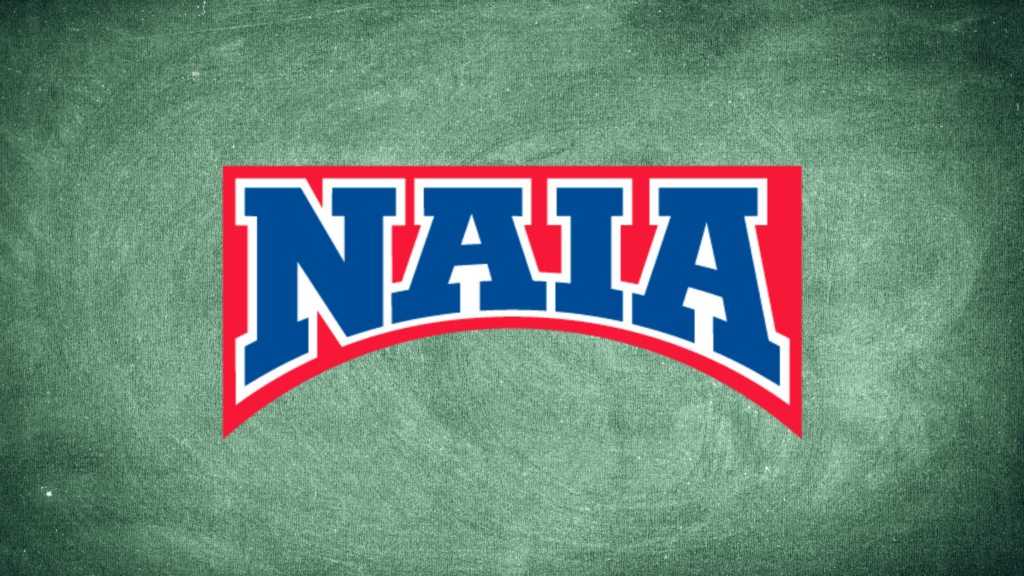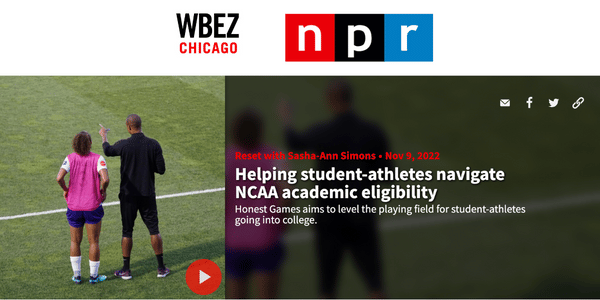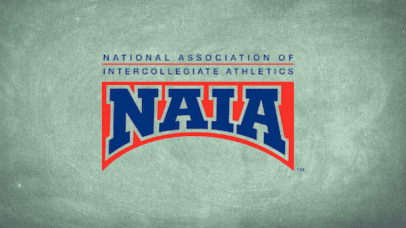Navigating the NAIA’s Updated Eligibility Rules
Updated on Mar 12, 2025

Are you considering attending one of the 250+ NAIA colleges or universities, but are still confused about the academic eligibility rules required to compete in athletics? The NCAA and NAIA share several similarities, however, the NAIA has its own governing body and a separate set of rules.
Honest Game previously broke down the differences between NCAA and NAIA college divisions, now we are taking a more in-depth look at the details of the NAIA eligibility rules.
The NAIA recently announced that incoming freshmen can now become NAIA eligible without a test score or class rank – provided they meet the following minimum GPA (on a 4.0 scale), which has shifted from a previous set of rules:
- 2.3 GPA for recent graduates
- 2.8 GPA for students who have completed their 7th semester (compared to a 2.5 in previous rules)
- 3.3 GPA for students who have completed their junior year (compared to a 3.0 in previous rules)
Students who do not meet the 2.3 minimum GPA requirement upon graduation may still become eligible to compete at an NAIA school by meeting 2 of the following 3 criteria:
- A minimum test score of 18 on the ACT or 970 on the SAT
- Achieve a minimum overall high school GPA of 2.0 (on a 4.0 scale)
- Graduate in the top half (50%) of their high school class
What if a High School Doesn’t Have a Class Ranking?
If your high school does not rank your graduating class and a class rank is not available then a minimum test score and 2.0 GPA are required to be eligible.
What if Your College or University is Test-Optional?
For those students who could not take a standardized test or their future college/university does not require a test score, the NAIA allows for students to meet qualifier status if they have a 2.0 – 2.3 GPA and have earned a C grade or higher with 9 credits of Dual Enrollment.
Does the NAIA Allow for Early Qualifier Status?
Did you know you could meet the initial eligible rules to attend an NAIA school even before you enter your senior year of high school? The NAIA has an early qualifier certification – similar to the NCAA, which allows students to verify their eligibility to play college sports quite possibly before they even apply to the college.
Are You in Need of Credit Recovery for Graduation?
The NAIA accepts credit recovery for eligibility purposes since they only look at the GPA and potential class rank on the high school transcript. NAIA does not look at individual courses like the NCAA does.
When Should Schools Submit Student Transcripts to the NAIA?
High schools must still upload and submit a student-athlete’s transcripts to their NAIA profile, however, a slight change has been announced. As of May 1, senior mid-year transcripts are no longer accepted for graduating seniors. A senior final-year transcript must be uploaded for these students.
Competing at an NAIA school is one of the several opportunities for high school student-athletes to continue to play the sports they love. Students should focus on their path to meet NAIA eligibility requirements, just like they are monitoring their progress toward NCAA eligibility requirements and graduation.
Navigating the complex and changing eligibility rules for college sports can be challenging, and Honest Game is here to simplify the process. Contact us to help take the guesswork out of academic eligibility for college sports.

As a former Senior Associate Athletic Director at the NCAA Division I level and with more than 20 years of experience in collegiate athletics, Courtney has advised thousands of student-athletes through the college recruiting and eligibility process for college sports. Interested in virtual counseling with Courtney? Sign up here.



